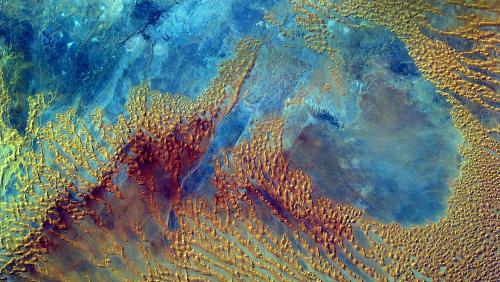Dubai Time is the official time zone for the city of Dubai, United Arab Emirates, and is significant for its influence on the Middle East region. The history and significance of Dubai Time date back to the early 20th century when the concept of standardized time was introduced to the region.
Before the introduction of standardized time, each city in the Middle East had its own timekeeping system, which often caused confusion and inconvenience for travelers, traders, and government officials. As a result, the need for a unified time system became apparent, leading to the establishment of Dubai Time.
In 1909, the British colonial authorities introduced a standard time zone for the region known as Gulf Standard Time (GST). This time zone was based on the mean solar time of the 75th meridian east, which passed through the city of Karachi, Pakistan. This meant that the standard time for Dubai and other cities in the region was set to be four hours ahead of Greenwich Mean Time (GMT).
In 1947, Dubai Time was officially adopted as the standard time zone for the city, marking a significant milestone in the region’s timekeeping history. This decision was made to align the time zone with the growing importance of Dubai as a trading and commercial hub in the Middle East.
The establishment of Dubai Time had a profound impact on the region’s economy, trade, and social life. It provided a standardized reference point for conducting business, scheduling transportation, and organizing events, which helped streamline communication and collaboration across different cities and countries in the Middle East.
Today, Dubai Time continues to play a crucial role in the region’s economic and social activities. As one of the major financial and commercial centers in the Middle East, Dubai relies on a standardized timekeeping system to coordinate activities with global partners and ensure seamless operations across different time zones.
Moreover, Dubai Time has become symbolic of the city’s growth and modernization, reflecting its progressive outlook and global connectivity. With its strategic location and world-class infrastructure, Dubai has emerged as a leading business and tourism destination, attracting millions of visitors and investors from around the world.
In conclusion, the history and significance of Dubai Time in the Middle East highlight the region’s evolution and integration into the global community. As a symbol of coordination and efficiency, Dubai Time continues to serve as a unifying force, bringing together diverse cultures and economies in the pursuit of progress and prosperity.







